BRICS is heading towards its presidential summit on August 22nd in South Africa. Several countries are applying for membership in the organization that is becoming the center of an alternative global system. One of these is the Islamic Republic of Iran.
Ahead of the summit, the Iranian Foreign Ministry held a conference on Iran and the BRICS. On August 8, the Foreign Minister of Iran Hossein Amirabdollahian held a speech here. Below we present the speech as translated and published by the Iranian Foreign Ministry. The speech of Mr. Hossein Amirabdollahian, honorable Foreign Minister of the Islamic Republic of Iran, at the end of the Conference of Iran and BRICS
In the Name of Allah, Most Compassionate, Most Merciful,
First, I would like to stress that today marks the anniversary of the martyrdom of 8 of our diplomats and one of our journalists who were killed by a group called the Taliban in 1998 following their takeover of Mazar-e-Sharif. We honor their memory and pay tribute to the pure souls of these diplomats and the Iranian journalist.
Also, today is designated as the Journalist Day in Iran, and I would like to sincerely congratulate the news community and active and energetic media members in Iran on the occasion. Next week we will have a special program to thank journalists and media people. I congratulate each and every man and woman journalist in Iran on this day.
Ladies and gentlemen, dear audience
I am very pleased to be here at the closing meeting of the Iran and BRICS conference. In June of this year, at the ministerial meeting of BRICS friends in Cape Town that was hosted and chaired by my colleague Ms. Dr. Pandor, I declared that we would soon hold a conference in Tehran to identify the potentials of cooperation between the Islamic Republic of Iran and the BRICS group.
Just as the report presented at today’s panels shows, it seems the first step towards mutual recognition has been taken properly. I sincerely appreciate all the panelists and participants, ambassadors and diplomats residing in Tehran, as well as the officials and colleagues of other ministries and government and private organizations, and the respectable academics who contributed significantly to content production for this meeting.
Now, according to the structure of this conference, I will present my speech in three parts:
1-BRICS
The establishment of BRICS is definitely a step forward in relations between the emerging economies and the global south. The economic and political alliances built by the developing world are often diplomatic alliances and have been aimed at creating bargaining power in international talks at the United Nations. For instance, we can mention the Group of 77 and the Non-Aligned Movement, which formed powerful negotiation groups. BRICS is one of the few cases that represents a real economic and political synergy and is potentially capable of wielding influence at regional and global levels. As a matter of fact, it’s the first time that a strong and effective political-economic identity has been established in the developing world. We believe that if the idea of BRICS expansion becomes a reality, this identity will become more coherent and global.
Today, we are witnessing that the economic growth of BRICS has strengthened confidence among the members and has also boosted global confidence in the effectiveness of the grouping. This is attested by the great interest in becoming a member of BRICS from important countries of the global south. The share of BRICS in global GDP and trade among them has been increasing, and efforts to reduce the cost of trade in the group, including as a result of the desire to use national currencies, count as an important step. Meanwhile, BRICS’ formation of institutions has so far been a smart move. The establishment of the BRICS New Development Bank, without seeking to disrupt the current systems, can play an important role in correcting and completing the global financial, banking and monetary systems.
We believe that the huge potential of BRICS can be focused in two directions: first, creating a role-model for new south-south cooperation, and second, moving toward correcting the shortcomings and weaknesses in the global systems by creating more inclusive structures of the 5 founding countries. It is true that BRICS is a transcontinental alliance, but it is definitely not global yet. Therefore, both of these processes are necessary to achieve BRICS’ goals.
2-Multilateralism
The government of the Islamic Republic of Iran has always sought to interact with multilateral institutions. In the administration of President Raisi, this paradigm has become more important. Speeding up the process of becoming a member of the Shanghai Cooperation Organization and achieving the goal in the shortest possible time, deepening relations with the Eurasian Economic Union with the aim of creating a free trade zone, and participating more actively in multilateral cooperation groups such as ECO, D8, The Indian Ocean Rim Association (IORA), the Black Sea Economic Cooperation (BSEC), the Organization of Islamic Cooperation (OIC), the Non-Aligned Movement (NAM), the Group of 77 and institutions like these show the strengthening of the multilateralism policy of the Islamic Republic of Iran. The request for Iran’s accession to BRICS also originates from this paradigm.
Multilateralism is not merely a reaction to unbridled unilateralism, but it’s a strategic choice.
3-Iran and BRICS
The Islamic Republic of Iran is a reliable and effective partner for bilateral and multilateral cooperation due to its strategic and unique geographic location, its huge energy reserves, especially oil and gas, its cheap and short transportation and transit network, its young and skilled human workforce and its modern scientific and technological achievements. Bilateral political and economic relations between Iran and all member states of BRICS are in a favorable state and both sides have the required determination to increase economic relations.
As part of efforts to pursue the policy of multilateralism, in June 2022, I sent a letter to my counterparts in 5 BRICS members and while highlighting the mutual benefits, I announced the Islamic Republic of Iran‘s readiness and interest to join the organization.
However, as it was discussed in today’s conference, the partnership between Iran and BRICS has already started in some fields. As for transportation, the North-South corridor that connects India to Russia through Iran is actually a part of a transportation project in the form of BRICS. Cooperation between Iran and China to connect the latter to the Persian Gulf, the Sea of Oman and the Indian Ocean practically connects China to India and can also link China to South Africa and Brazil through combined transportation.
In the field of energy and the issue of providing lasting security for energy, Iran is absolutely an added value for BRICS’ current and future members. The accession of Iran and countries like Saudi Arabia, Iraq, UAE, etc. that sit on vast energy reserves to BRICS and their participation in the energy sector will further boost this economic bloc. The BRICS plus summit on August 24 in Johannesburg will provide a good opportunity for BRICS leaders and friends to exchange views on building a better future for the group and the global south. We thank the honorable president of South Africa for inviting my country’s president Dr. Raisi to the meeting.
I would like to once again tank all you dear participants for your presence including those who have traveled to Tehran to attend this event. I guess a report on this conference can be given to BRICS members and friends.
Thank you very much.







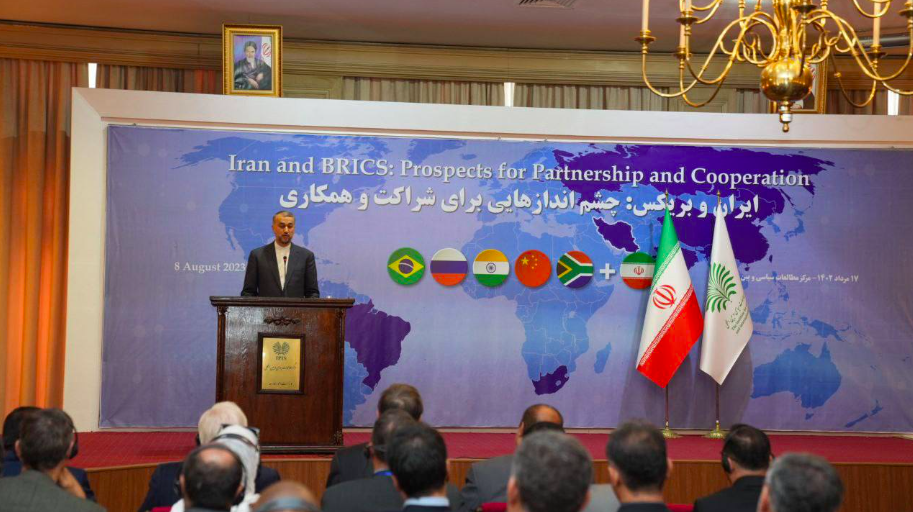
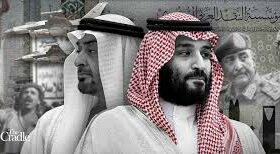
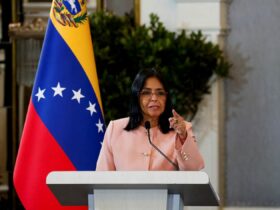

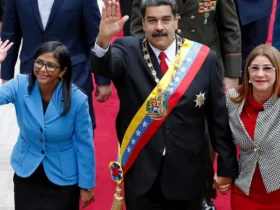

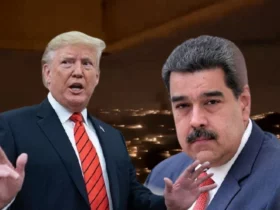
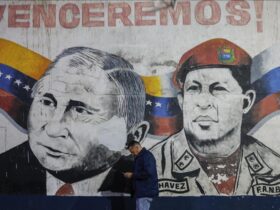
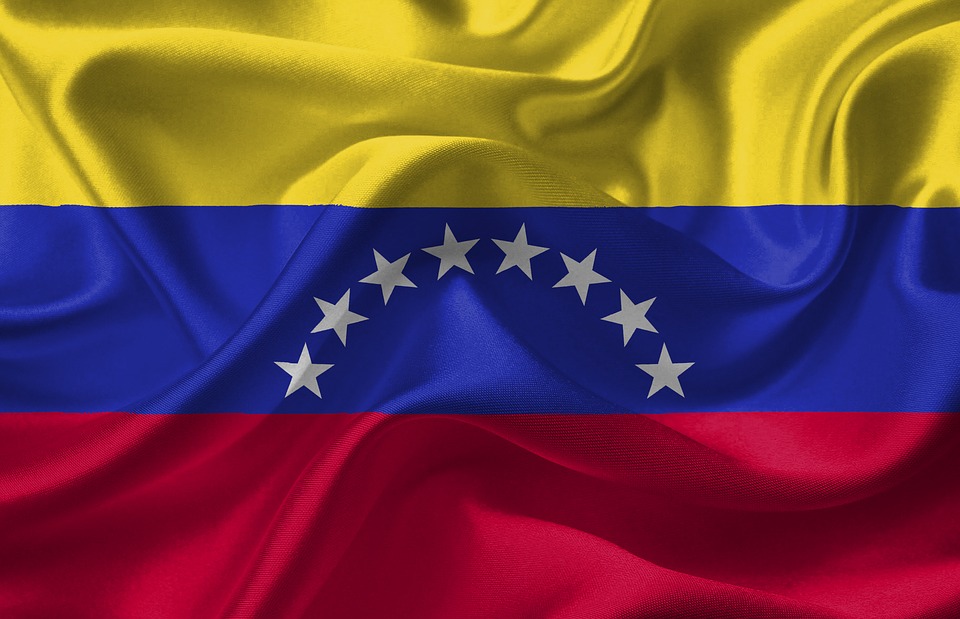

Leave a Reply